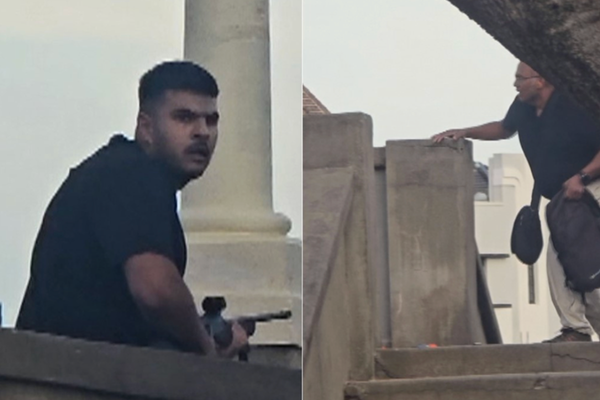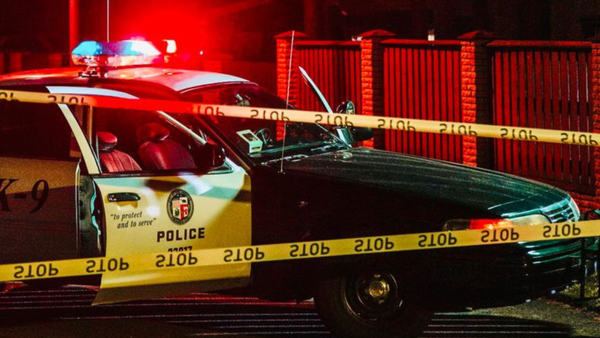Russia and Ukraine have agreed to exchange 1,000 prisoners of war each in their first talks for more than three years. But the two sides fell short of negotiating a ceasefire as Kyiv said Moscow had presented conditions that were “non-starters”.
Under pressure from US president Donald Trump to end the conflict, delegates from the warring countries met for the first time since March 2022, the month after Russia invaded its neighbour.
The negotiations, held in Istanbul’s Dolmabahce Palace and mediated by a Turkish team, took place after a turbulent two days cast doubt over whether the meeting would take place at all.
The talks lasted under two hours and there was no immediate announcement on whether or when the sides might meet again, although Russia expressed satisfaction with the meeting and said it was ready to continue contacts.
Ukraine said its next goal is for Vladimir Putin to meet directly with Volodymyr Zelensky; Russia said it had "taken note" of the request.
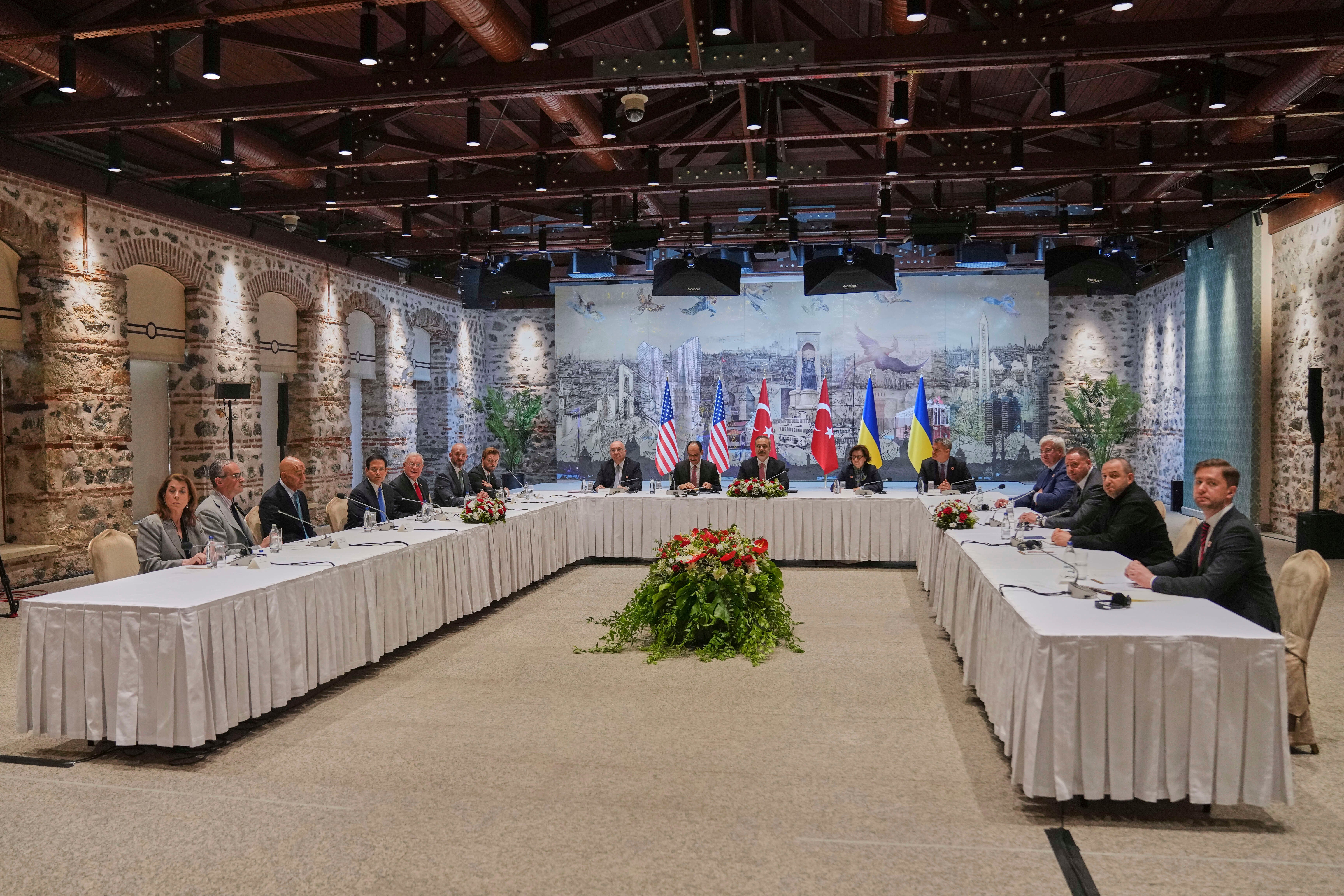
Russia expressed satisfaction with the talks, and both countries said they had agreed to exchange 1,000 prisoners of war from each side, although they declined to provide a timeline. Though the exchange is significant in its size, it is a far cry from the hopes the talks could bring about a longer-lasting peace or a temporary truce.
Kyiv, which wants the West to impose tighter sanctions unless Moscow accepts a proposal from Mr Trump for a 30-day ceasefire, immediately began rallying its allies for tougher action.
As soon as the talks ended, Mr Zelensky held a phone call with Mr Trump and the leaders of France, Germany and Poland, Mr Zelensky's spokesperson said.
On Friday Ursula von der Leyen, president of the European Commission, said the EU is working to issue a new sanctions package on Russia.
Russia's demands were “detached from reality and go far beyond anything that was previously discussed”, a source in the Ukrainian delegation told Reuters.
The source, speaking on condition of anonymity, said Moscow had issued ultimatums for Ukraine to withdraw from parts of its own territory to obtain a ceasefire “and other non-starters and non-constructive conditions”.
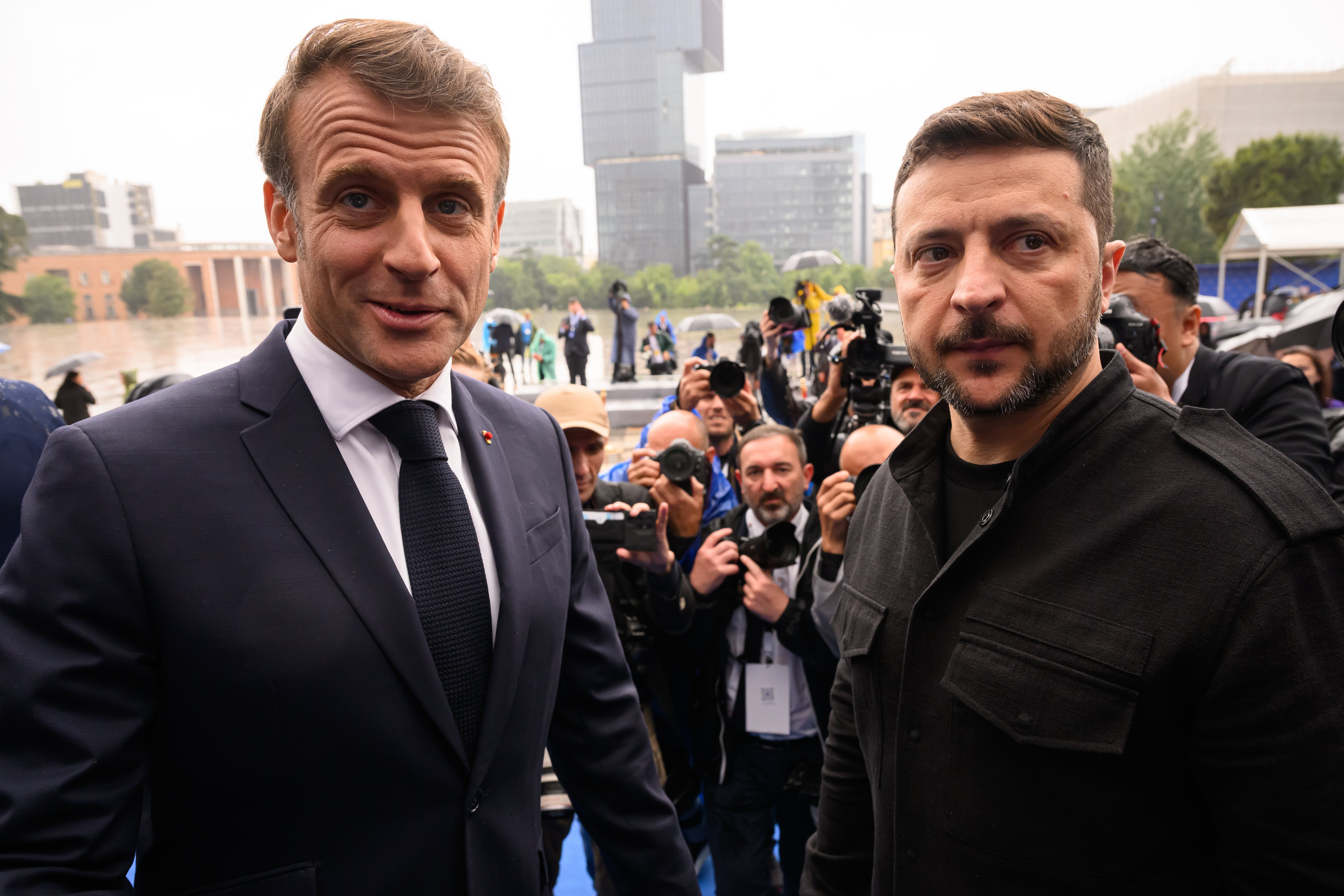
British prime minister Sir Keir Starmer said the Russian position was unacceptable and that European leaders, Ukraine and the US were “closely aligning” their responses. Mr Zelensky said robust sanctions should follow if Russia rejects a ceasefire.
Expectations for a major breakthrough, already low, were dented further on Thursday when Mr Trump, winding up a Middle East tour, said there would be no movement without a meeting between himself and Russia's president Putin.
Mr Zelensky said Kyiv's top priority was “a full, unconditional and honest ceasefire... to stop the killing and create a solid basis for diplomacy”. He said that if Russia refused, it should be hit with strong new sanctions against its energy sector and banks.
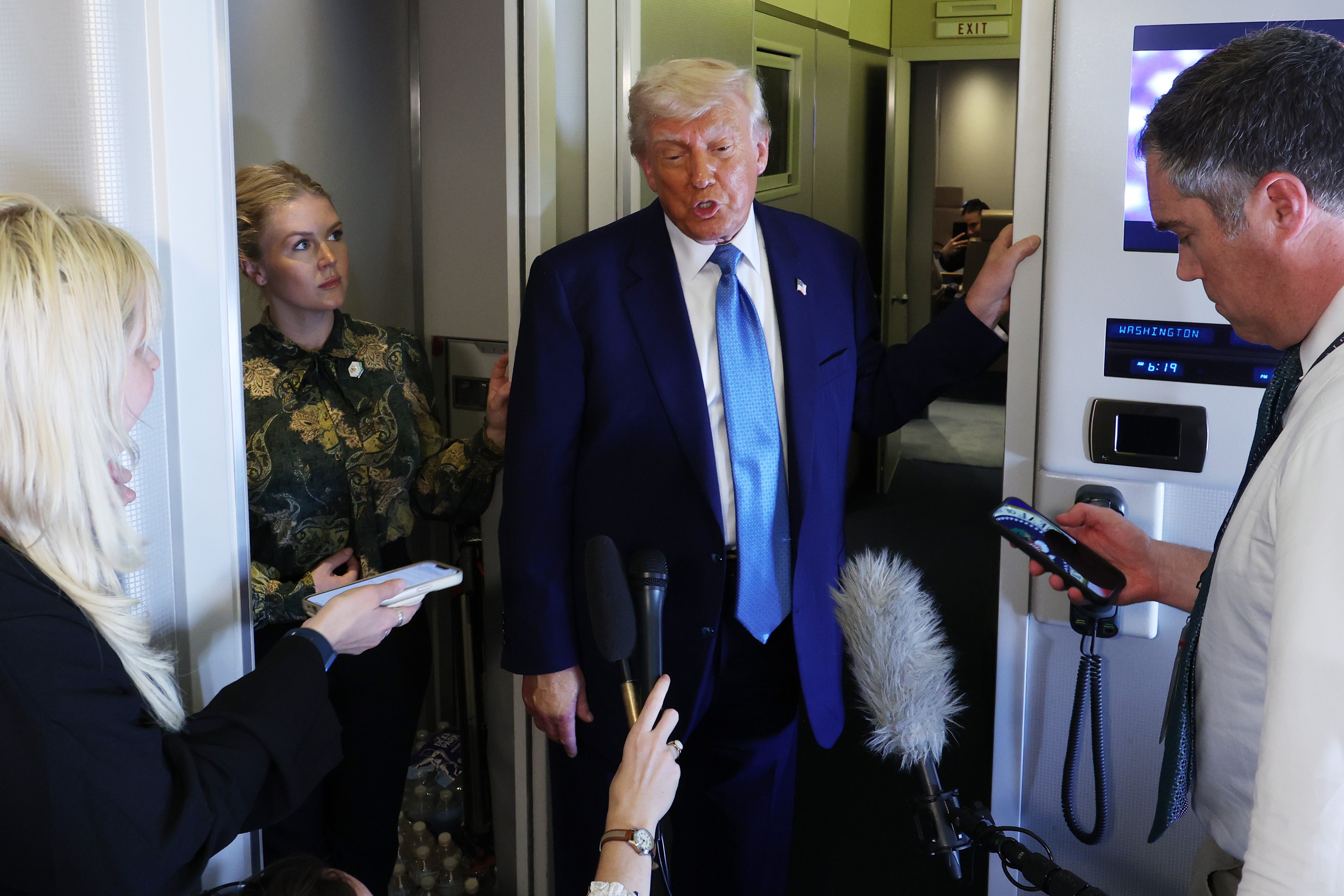
Russia says it wants to end the war by diplomatic means and is ready to discuss a ceasefire. But it has raised a list of questions and concerns, saying Ukraine could use a pause to rest its forces, mobilise extra troops and acquire more Western weapons.
Ukraine and its allies accuse Mr Putin of stalling and say he is not serious about wanting peace.
Trump was in his element among the Gulf’s autocratic monarchs. What did he achieve?
MPs attack Esther Rantzen for ‘distasteful’ assisted dying stance
Army to place large metal plates on DC streets to protect them from tanks during June parade
Starmer talks to countries about return hubs for failed asylum seekers
Ukraine latest: Zelensky calls Trump after Moscow and Kyiv agree 1000-prisoner swap
Fortnite says its now offline on Apple's iOS around the world



